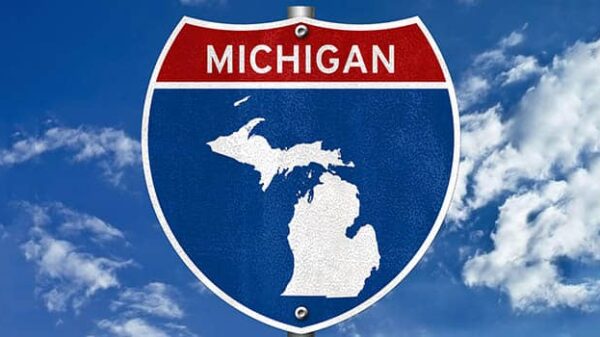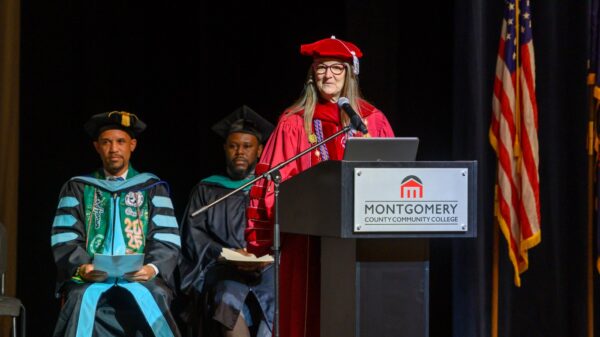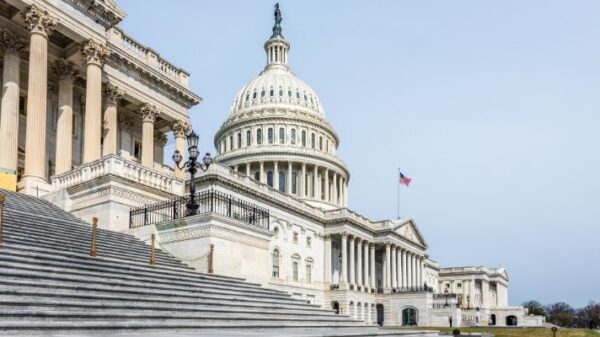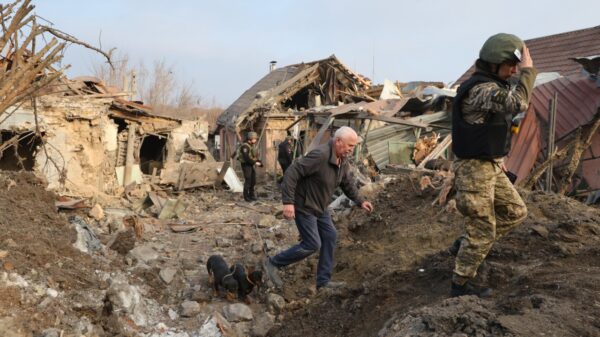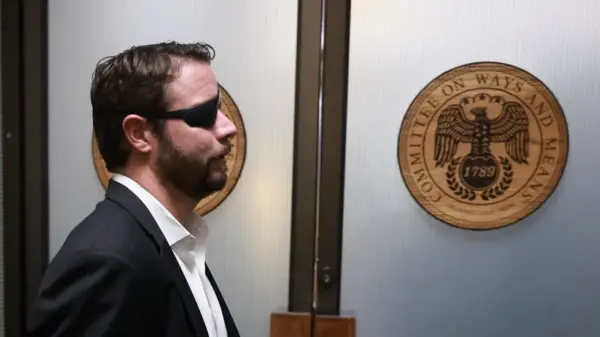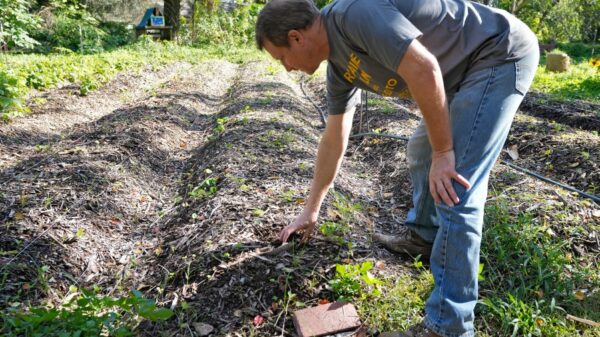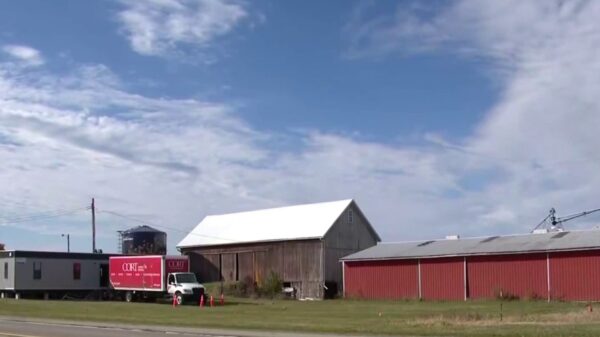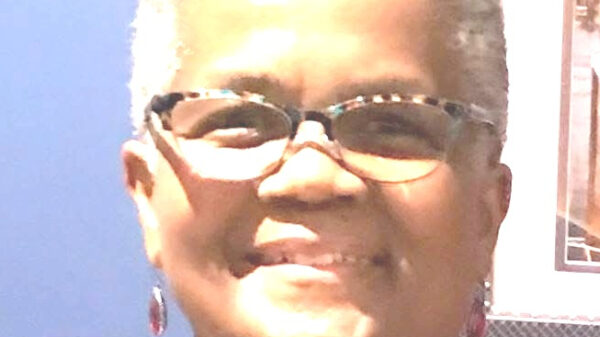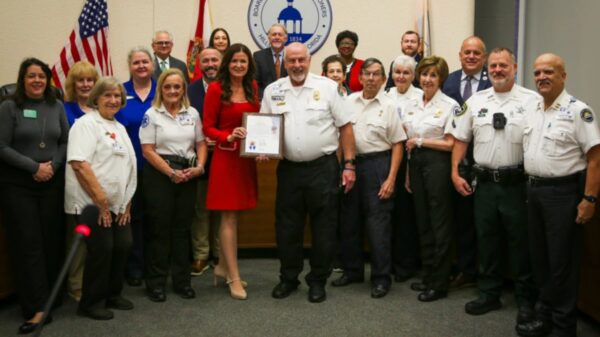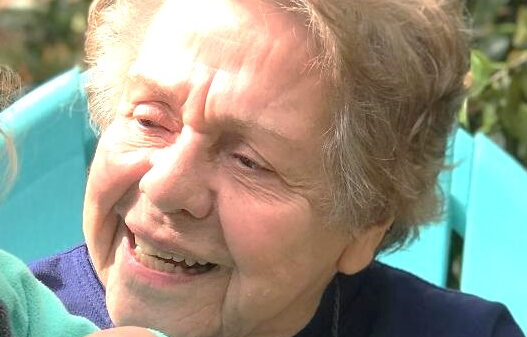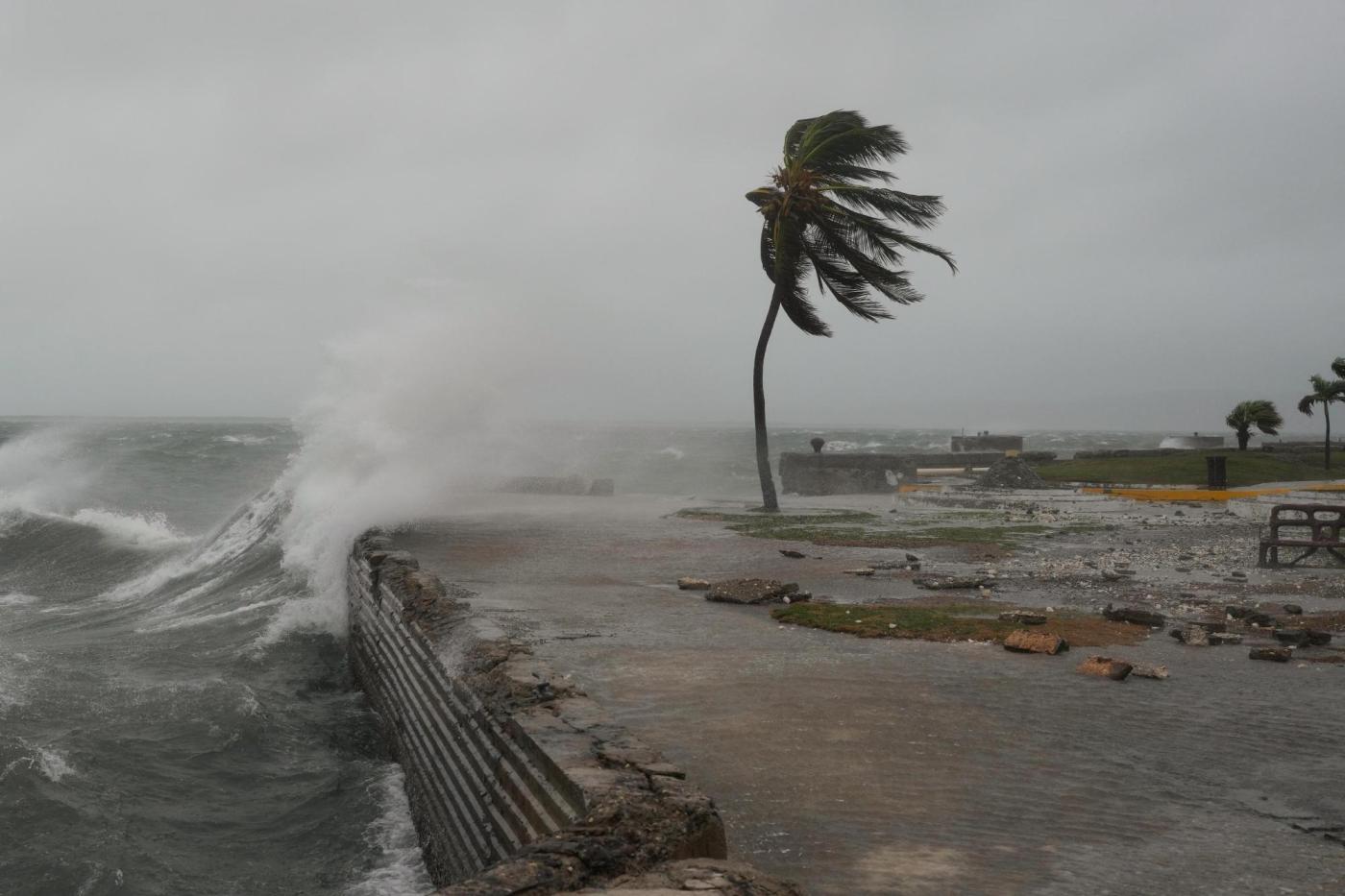Hurricane Melissa made landfall on September 26, 2023, impacting Jamaica, Cuba, the Cayman Islands, Haiti, and other regions in the Caribbean Basin. This Category 5 storm, characterized by sustained winds exceeding 157 mph, marks a significant event in the ongoing narrative of climate change and its effects on vulnerable communities. The storm’s destructive path draws a stark parallel to the devastation caused by Hurricane Mitch exactly 27 years earlier.
In October 1998, Hurricane Mitch inflicted catastrophic damage across Central America, particularly in Honduras. During that time, I was serving with the U.S. Peace Corps, living near the Choluteca River as rescue teams worked to evacuate families from their submerged homes. Maximum sustained winds reached 180 mph, but it was the flooding and landslides that led to the most significant destruction. This natural disaster resulted in the loss of an estimated 12,000 to 18,000 lives and left millions homeless, establishing Mitch as the strongest and most destructive hurricane in the Western Hemisphere in two centuries.
Each hurricane—Mitch in 1998 and Melissa in 2023—was the thirteenth named storm of its respective hurricane season. Both storms left behind a trail of devastation, highlighting the urgent need to address the consequences of climate change.
Reflecting on my experiences during Hurricane Mitch, I recognized the complex interplay of ecological factors and human influences that contributed to the disaster. The storm underscored the vulnerabilities faced by marginalized communities, emphasizing the critical need to protect the ecological systems upon which human societies depend. Scientists at the time connected Mitch’s intensity to human-induced climate change, sparking interest in understanding the social and political dynamics shaping climate-related vulnerabilities.
In the years following Mitch, many Central Americans, including Hondurans, sought refuge in the United States, often referred to as “orphans of Mitch.” The U.S. government granted Temporary Protected Status (TPS) to these individuals in January 1999, a designation that provided essential relief from deportation amid ongoing challenges in their home countries. However, this status was revoked by the Trump Administration in 2021, leaving many Hondurans without work authorization and vulnerable to deportation.
As scientific understanding of the relationship between extreme weather events and climate change has improved, the United Nations Intergovernmental Panel on Climate Change (UN IPCC) has documented advancements in our ability to attribute the influence of human activity on specific weather events. Their assessment reports serve as critical resources for policymakers, organizations, and individuals seeking to understand and mitigate risks associated with climate change.
Despite these advancements, climate discourse has increasingly become politicized. Engaging in discussions about climate change often leads to polarized and partisan exchanges. This has contributed to a phenomenon known as “climate silence,” where individuals refrain from discussing climate issues, resulting in policy paralysis and entrenchment of carbon-based interests.
Hurricane Melissa serves as a poignant reminder of the ongoing threats posed by climate change in the 21st century. The storm’s rapid intensification, heavy rainfall, and slow movement caused widespread communication failures, community isolation, infrastructure damage, and loss of cultural heritage. With 27 years separating Mitch and Melissa, the persistent connections to climate change demand urgent attention and action.
This article is authored by Max Boykoff, a faculty member at the University of Colorado Boulder. The views expressed herein are based on his scholarly expertise and research, and do not reflect the official position of the university. For readers wishing to respond, letters to the editor can be submitted online or through email, following the specified guidelines.



